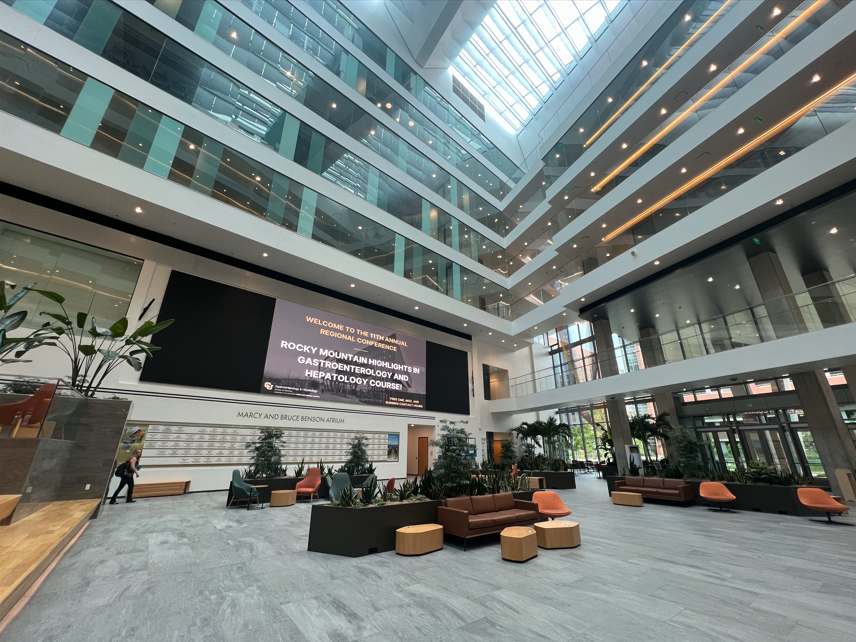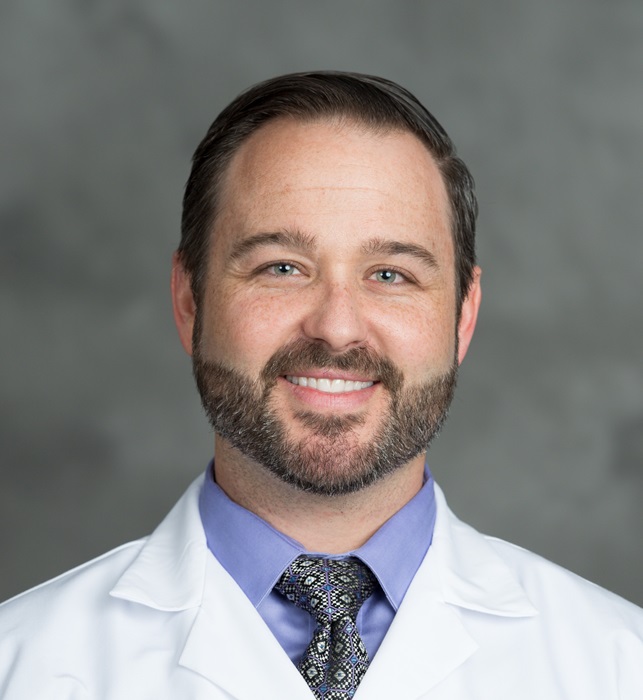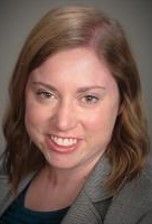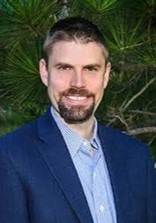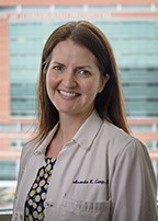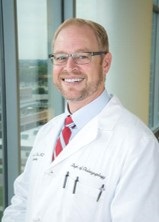Rocky Mountain Highlights in Gastroenterology and Hepatology Course
Saturday, August 15, 2026
University of Colorado Anschutz Health Sciences Building
Donald M. Elliman Conference Center
1890 N Revere Ct, Aurora, CO 80045
Course Directors:
Welcome to the 13th Annual Rocky Mountain Highlights in Gastroenterology and Hepatology Course. The Course provides a platform to update the Rocky Mountain community of practicing gastroenterologists, hepatologists, primary care providers, and nursing professionals with the latest updates in Gastroenterology and Hepatology. We are excited to present highly focused and important sessions including Luminal Gastroenterology, Hepatology, Therapeautic Endoscopy, and updated in Colorectal Cancer Prevention. Rocky Mountain Highlights offers free CME/MOC and NCPD nursing contact hours to attendees.
Registration Coming Soon!
Learning Objectives
TBD
The 13th Annual Rocky Mountain Highlights in
Gastroenterology and Hepatology Agenda
TBD
Prior Year Agenda:
The 12th Rocky Mountain Highlights in
Gastroenterology and Hepatology Agenda
6:30-7:45 am Attendee Registration Check-in and Breakfast
7:45-8:00 am Welcome and Introductory Comments
Course Directors: Kelli DeLay, MD, Avash Kalra, MD, and Calen Steiner
Session I – High-Yield Topics in General Gastroenterology
Moderator: Kelli DeLay, MD
8:00-8:20 am Gastroparesis
8:20-8:40 am Engineering the Microbiome: Where Are We with Microbial Therapies?
8:40-9:00 am Hereditary Colon Cancer
9:00-9:20 am Updates in the Management of Irritable Bowel Syndrome
9:20-9:35 am Panel Discussion
9:35-9:50 am Break
Session II– Multidisciplinary Clinical Vignettes Moderator: Calen Steiner, MD
Part 1: Multidisciplinary Approach to IBD in Women's Health
9:50-10:00 am Updates in IBD in Pregnancy
Siobhan Proksell, MD
10:00-10:10 am Surgical IBD
10:10-10:20 am Nutrition for IBD
Brooklin White, MS, RD
10:20-10:35 am Group Discussions/Questions
Part 2: Multidisciplinary Approach to Metabolic Dysfunction Associated Steatohepatitis (MASH)
10:35-10:50 am Approach to MASH from a Hepatology Standpoint
Amanda Wieland, MD
10:50-11:05 am Approach to MASH from an Endocrinology Standpoint
11:05-11:20 am Group Discussions/Questions
11:20-12:20 pm Lunch Break
Session III – Debate
Moderator: Avash Kalra, MD
12:20-1:10 pm Debate: Contrasting Approaches to Managing Laryngopharyngeal Reflux
Kelli DeLay, MD and Daniel S. Fink, MD
Session IV – High-Yield Topic in Hepatology and Therapeutic Endoscopy
Moderator: Avash Kalra, MD
1:10-1:30 pm Therapeutic Gastroenterology
1:30-1:50pm Updates in Management of Pancreatic Cysts
Sean Bhalla, MD
1:50-2:10 pm Growing Indications for Liver Transplantation: When Should I Refer My Patient?
JP Norvell, MD
2:10-2:30 pm Updates in Barrett's Esophagus Screening, Surveillance, and Management
2:30-2:45pm Group Discussion/Questions
2:45-3:00 pm Closing Remarks and Adjourn
Course Directors: Kelli DeLay, MD, Avash Kalra, MD, and Calen Steiner, MD
3:00-4:00pm Rooftop Reception: Faculty, Attendees, and Industry Representatives
4:00pm Adjourn
Prior Course Faculty:
Contact Us:
Event Questions:
Lynzie Carter
Business Services Professional
Division of Gastroenterology and Hepatology
University of Colorado Anschutz Medical Campus
[email protected]
Exhibit Opportunities:
Lynzie Carter
Business Services Professional
Division of Gastroenterology and Hepatology
University of Colorado Anschutz Medical Campus
[email protected]
CME/MOC Questions:
[email protected]
NCPD Nursing Contact Hour Questions:
[email protected]
